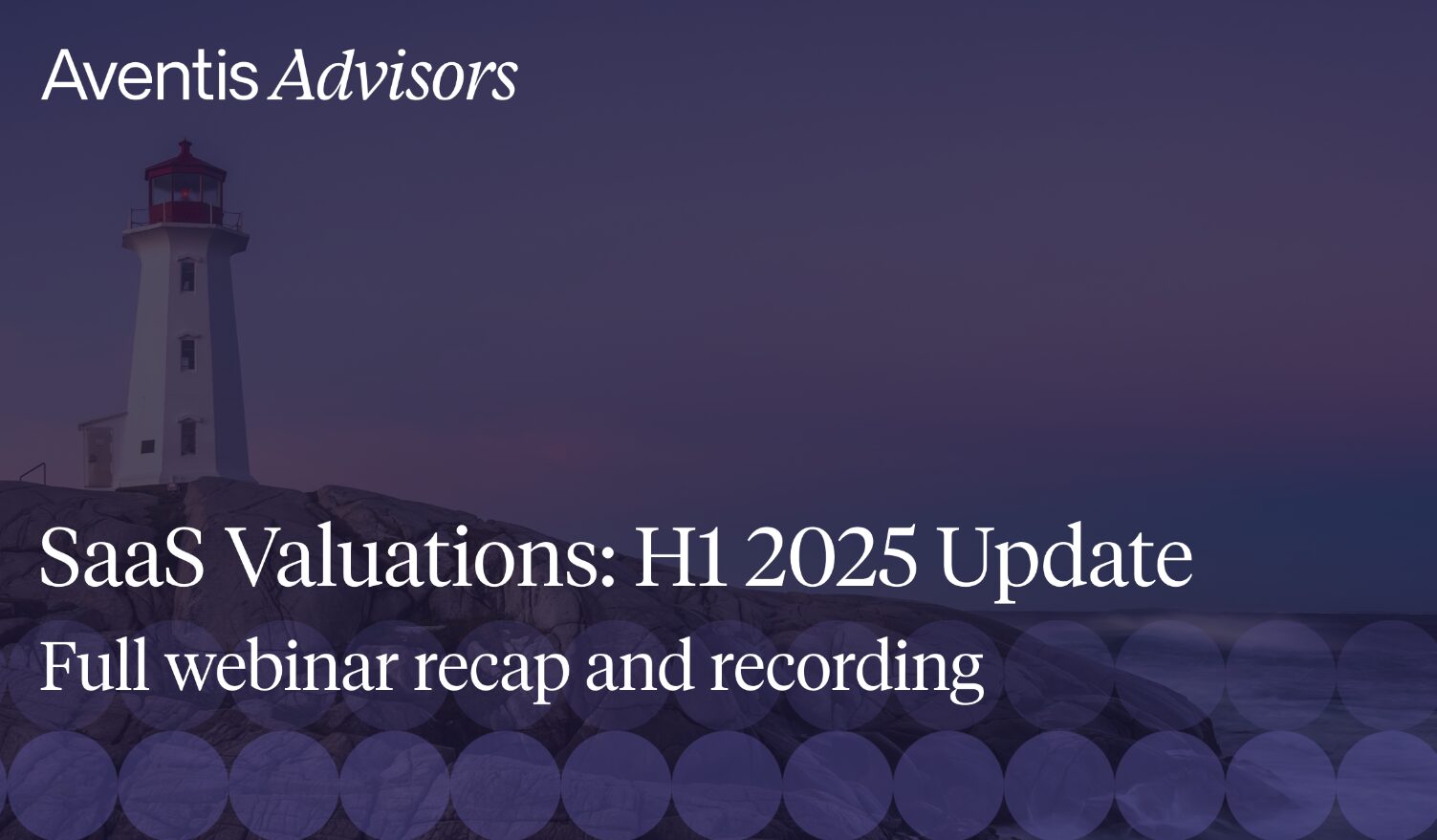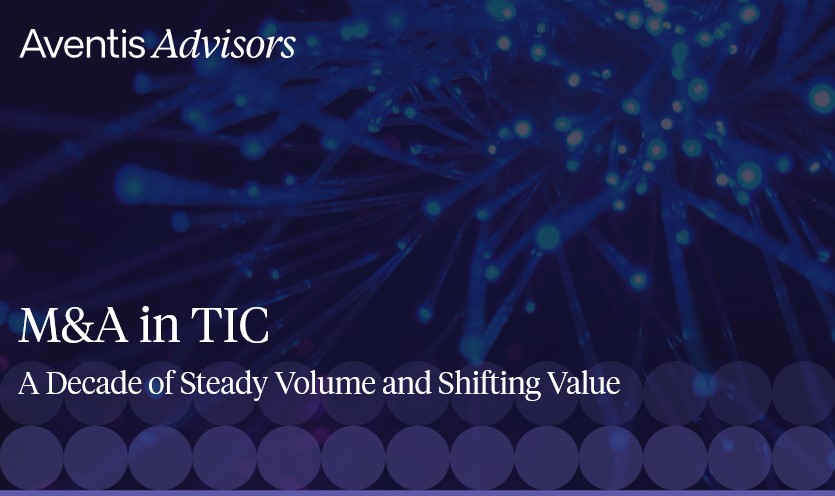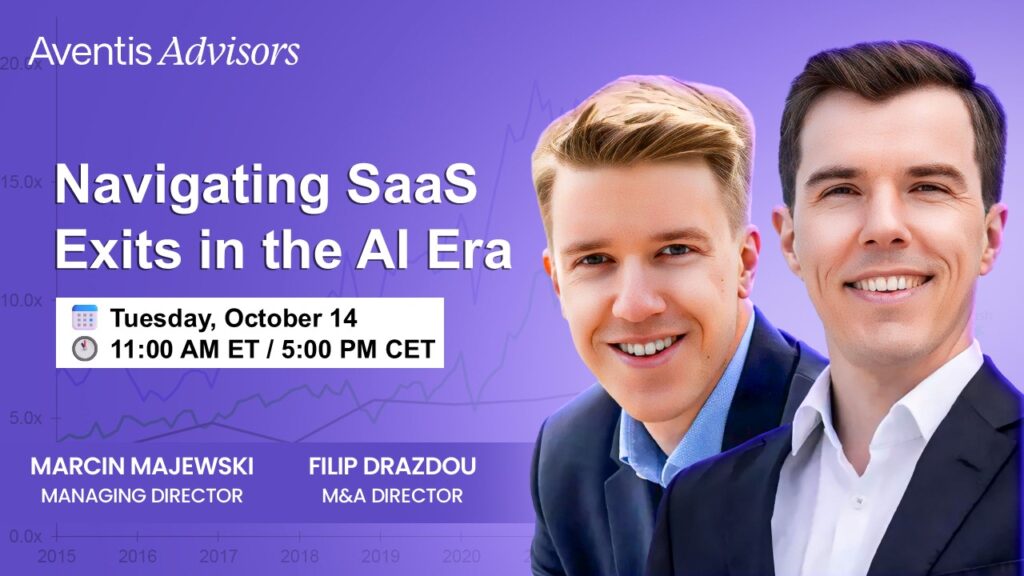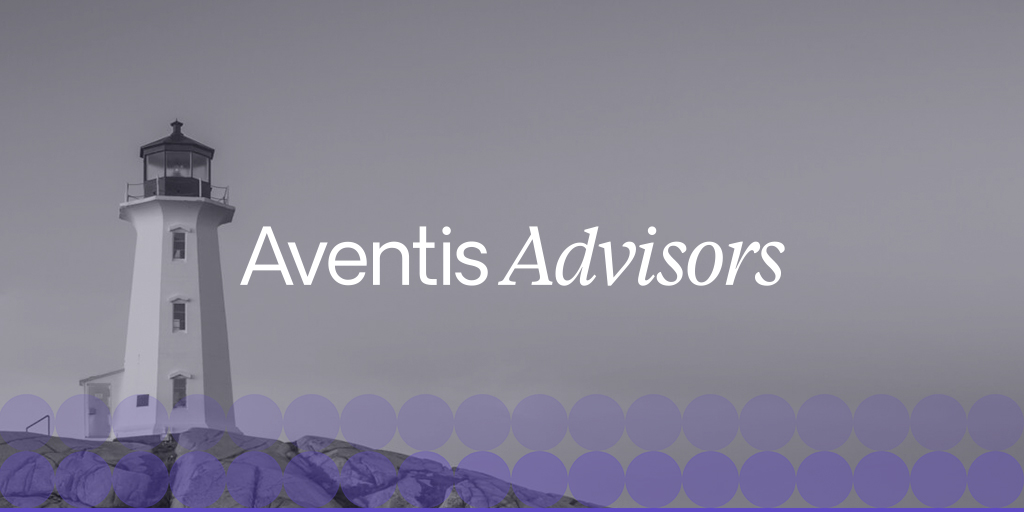From 2020 to 2025, Shopify-focused agencies grew from small creative studios into prime acquisition targets for global consultancies and private equity groups. The market has matured quickly as brands seek integrated partners and buyers look for proven, scalable delivery teams.
Shopify agencies now sit at the center of commerce transformation. They combine design, technology, and performance expertise that help merchants grow across markets. As the platform expands into enterprise and B2B commerce, agencies increasingly act as long-term partners driving continuous performance improvement.
This article explores the main forces shaping Shopify agency M&A. It explains what drives valuations, how different buyers approach acquisitions, and what makes some agencies command premium outcomes. The goal is to give founders a clear view of current trends and practical steps to position their firms for the next stage of growth and consolidation.
Table of Contents
- Understanding Shopify Agencies
- Valuation Insights and Consolidation Themes
- Most Impactful Buyers
- About Aventis Advisors
Understanding Shopify Agencies
Shopify agencies are service businesses that design, build, and optimize storefronts for merchants operating on the Shopify and Shopify Plus platforms. Their revenue comes from projects, retainers, and managed services rather than software subscriptions. A typical agency combines expertise in design, development, integrations, and performance marketing, serving direct-to-consumer brands, retailers, and enterprise merchants that require a tailored commerce setup.
These companies form the human infrastructure of Shopify’s ecosystem. While the platform provides the technology, agencies deliver the strategy, customization, and execution that help brands operate effectively. Their work covers user experience design, API and ERP integrations, analytics, and ongoing optimization. As the platform expands into enterprise and B2B commerce, agencies increasingly act as long-term partners responsible for continuous growth rather than one-off builds.
This service-driven model sets agencies apart from Shopify app developers. Apps scale through code and subscriptions, while agencies scale through people, process, and client relationships. Their value depends on delivery efficiency, recurring retainer share, and the strength of specialized teams.
Valuation Insights and Consolidation Themes
Pricing Benchmarks and Market Context
Shopify agency valuations sit below software or app businesses because they rely on people, not intellectual property. Most transactions fall within moderate revenue and EBITDA multiple ranges, shaped by the service-based model and limited scalability of project work. Buyers look for predictability and delivery efficiency rather than just growth. Agencies that show recurring retainers, diversified clients, and disciplined cost management consistently attract stronger valuations.
Typical valuation considerations include:
- Recurring revenue share and client stability
- Delivery margins after external costs
- Operational maturity and leadership depth
Consolidation Drivers
Both strategic and financial buyers are accelerating consolidation across the Shopify ecosystem. For strategic acquirers such as consultancies and IT groups, acquisitions provide immediate access to certified Shopify talent and new regions without lengthy recruitment or training. For financial investors, roll-ups offer scale advantages and margin improvement through shared sales, management, and operations.
The motivation is speed and integration. Buyers want agencies that extend their reach, strengthen delivery, and complement existing digital capabilities. Founders who can demonstrate these synergies early often achieve faster negotiations and better terms.
Premium Factors and Outlook
Valuations have remained resilient as demand for high-quality Shopify expertise continues to outstrip supply. Agencies with recurring contracts, proprietary connectors, and a proven track record in enterprise projects still command the upper end of the market range.
As Shopify expands deeper into enterprise and B2B commerce, acquisition appetite is likely to stay high. Buyers will continue to favor agencies with scalable processes, transparent financials, and leadership teams capable of integrating into larger platforms. For founders, the key to securing a premium outcome lies in converting project-based income into recurring revenue and demonstrating consistent delivery excellence.
Most Impactful Buyers
Strategic Acquirers
Strategic acquirers look for agencies that meet enterprise standards, operate across regions, and demonstrate mature delivery processes. Teams that meet these criteria attract premium prices. Corporates often favor clean handovers with limited earn-outs, retaining founders in senior roles tied to performance incentives.
Strategic acquirers usually hunt for three traits:
- Buyers want agencies that pass Fortune 1000 security audits and hold multi-year support retainers.
- They favour teams with at least one additional regional office to manage cross-border tax and logistics.
- They prioritise process maturity, as shown by documented QA, inventory connectors, and clear hand-offs between design and engineering.
Premium prices follow when all three boxes are ticked. Deal structures often use limited earn-outs because corporates prefer a clean handover; instead, they retain founders through senior roles and performance cash bonuses.
After closing, strategics push hard on cross-selling. A newly acquired Shopify team is expected to widen its scope beyond storefront builds into CRM, performance media, and marketplace operations, fully monetising the global client base of the parent group. Founders who sell to such buyers should negotiate for budget and decision rights to keep their methodology intact; this protects culture and helps the acquirer realize the forecast synergy.
Financial Investors
Public hold companies and private equity funds play a different game. They assemble portfolios of complementary agencies, grow EBITDA through shared operations, and aim for a later sale to a strategic buyer or the public markets.
Financial sponsors screen for:
- Buyers want a high share of recurring revenue from retainers, support contracts, or proprietary integration tools
- They look for a clear pipeline of smaller agencies or app studios to acquire in the first year
- They prefer management teams with several senior leaders who can each run a profit centre
Purchase prices tend to land in the mid-range, with sellers often rolling 10–30 percent of equity into the new platform. If the buy-and-build thesis succeeds, that stake can double or triple at exit.
Post-close, PE-backed platforms invest in shared sales ops, automated inventory tracking, and unified data warehouses. These moves lift margins and create the proof points strategics want. For founders, the key is to lock in growth-capex commitments and board influence so the platform does not cut corners on delivery quality.
Why Partner with a Sell-Side M&A Advisor
Valuations in the Shopify services arena hinge on more than EBITDA multiples. Buyers reward specialization, proven processes, and cultural fit. Yet every agency is unique, and a successful sale calls for sector awareness, rigorous preparation, and disciplined negotiation.
A skilled M&A advisor positions your company for maximum impact, runs a competitive process, and manages intensive diligence so you can keep serving clients. While you focus on growth, the advisor secures the right partner on the right terms.
About Aventis Advisors
Aventis Advisors is an independent investment bank serving founders across technology and fast-growing digital sectors. Our team has reviewed thousands of agency and software transactions and guided owners in Europe and North America through strategic exits, roll-ups, and capital raises.
We keep the model simple: fewer mandates executed with senior-level attention, deep research, and full alignment with founder objectives. If you are exploring a sale or evaluating strategic options, contact us for clear, data-driven advice that lets you move forward confidently.




